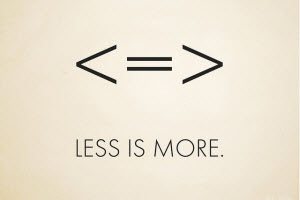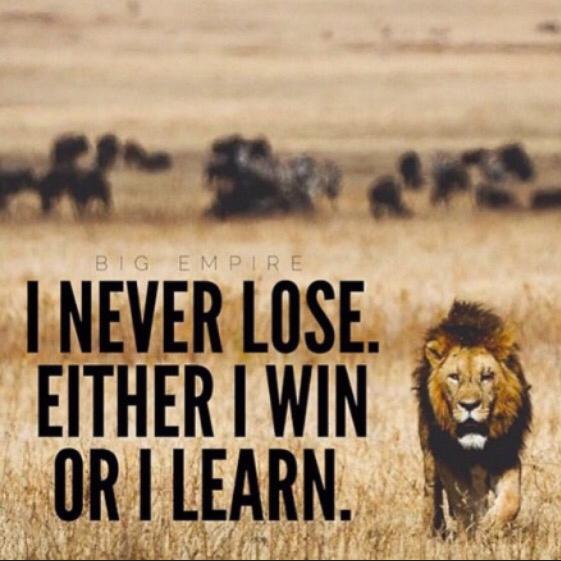33% India
13% China
9% Nigeria
5% Bangladesh
5% DR Congo

Archives of “Health_Medical_Pharma” tag
rssStress hormone linked to financial crisis
 The stress that financial traders suffer during periods of high volatility in the markets reduces their appetite for risk, according to a study led by Cambridge university neuroscientist and former Wall Street trader John Coates. This may prolong financial crises.
The stress that financial traders suffer during periods of high volatility in the markets reduces their appetite for risk, according to a study led by Cambridge university neuroscientist and former Wall Street trader John Coates. This may prolong financial crises.
The research, published in Proceedings of the National Academy of Sciences, combines field and lab work. Prof Coates and colleagues discovered that levels of the stress hormone cortisol increased by 68 per cent on average in a group of City of London traders over eight days in which market volatility increased.
The scientists took this finding to Addenbrooke’s Hospital in Cambridge where they used pharmacology – hydrocortisone tablets – to raise cortisol levels in volunteers, also by 68 per cent over eight days. Participants then played an incentivised risk-taking game. The appetite for risk collapsed, by as much as 44 per cent according to one measure, in those with raised cortisol. (The study was double-blinded with a control group taking dummy tablets.) (more…)
MRI’s of Succesful Traders
I’ve seen this study making the rounds on several websites now as a type of neuroeconomic confirmation of Buffetological principles…
Perhaps procedure might be slightly useful as a means of seeing physical brain improvement by training– such as that found through meditative practices.
“Traders who buy more aggressively based on NAcc signals earn less. High-earning traders have early warning signals in the anterior insular cortex before prices reach a peak, and sell coincidently with that signal, precipitating the crash. These experiments could help understand other cases in which human groups badly miscompute the value of actions or events.”
“Neuroeconomists Confirm Warren Buffet’s Wisdom”:
“Seeing what’s going on in people’s brains when they are trading suggests that Buffett was right on target,” says Colin Camerer, the Robert Kirby Professor of Behavioral Economics at Caltech.
That is because in their experimental markets, Camerer and his colleagues found two distinct types of activity in the brains of participants—one that made a small fraction of participants nervous and prompted them to sell their experimental shares even as prices were on the rise, and another that was much more common and made traders behave in a greedy way, buying aggressively during the bubble and even after the peak. The lucky few who received the early warning signal got out of the market early, ultimately causing the bubble to burst, and earned the most money. The others displayed what former Federal Reserve chairman Alan Greenspan called “irrational exuberance” and lost their proverbial shirts.
In the markets, less = more. Less positions, risk, decisions, hours at the screen and opinions of others = more money

What Happens in Your Brain When Your Market View Is Completely Wrong
Eric Barker has a new article (link here) on how to win every argument. The article had a point which made me think whether the same situation happens in trading.
So it quoted an experiment by psychologist Drew Westen, which showed to supporters, footage of their favorite candidates completely contradicting himself. The experiment found that as soon as the people realized that the information contradicted their world view, the parts of the brain that handle reason and logic went dormant, while the parts of the brain that handle hostile attacks – the fight-or-flight response – lit up. Essentially logic gets thrown out the window, and it just becomes a fight where you do anything to win.
A similar situation occurs in trading, when you have a certain expectation of how the market should behave. E.g. you might for various reasons, think that the market will go up. So when the market does not follow what you expect, you might initially make up excuses for it. However when the market continues to go completely in the opposite direction of what you expect, your logic and reasoning centers would shut down, your fight-or-flight response kicks in, you treat it like a hostile attack on you, and you would do anything to win (or not lose), e.g. keep averaging down. I’m sure this sequence of events led to many traders blowing up their accounts. It is pretty interesting that the experiment showed this as a ‘natural expected’ behavior.
As always, trade what you see, not what you think.
Important Questions That Every Trader Must Answer
- What can I win?
- What can I lose?
- What do I know?
- What don’t I know?
- Why am I making a given decision?
- Who am I? Am I, for example, the guy who needs to make $100,000 this year or my family leaves me?
- Where am I in relation to my goals?
- Where do I need to be to achieve my goals?
- When will I start? Now or tomorrow or next year. Knowing when affects the next step I take.
One of the great things about the market is that it doesn’t give a damn about you. The market doesn’t care what color you are or if you are short or tall or if you live or die. The market doesn’t care whether you play or leave.
Rules for handling risk are..
· Gather as much information as possible before entering any risk.
· Get a toe wet first, if possible, before the final plunge.
· Risks alone are more valuable than when shoaled with others.
· During the peak moments of risk constantly evaluate and reevaluate.
· Always have a backup plan.
· Always have an exit.
· When in doubt, be bold.
Whatever your brand of risk, these guidelines will keep you afloat to take another, and another, through the discovery of self.
This should be your attitude towards trading… If not, you're either gambling or chasing.

Improve Cognitive Performance-3 Simple Steps
Here are three simple practices that can improve alertness, concentration, and overall cognitive performance:
1) Hydration – Thanks to Henry Carstens for pointing this one out. A lack of proper hydration has been found to negatively impact mood among women and decrease alertness and concentration among men. A wide range of studies link dehydration to declines in short-term memory, concentration, alertness, visuomotor tracking, motor skills, and computational performance. Water is essential for feeding the brain.
2) Power Naps – Sleep is a restorative. Although sleeping on the job has a negative connotation, research finds that power naps improve creativity, memory, energy level, and general cognitive functioning. Naps also improve decision-making and problem-solving, with naps of different lengths offering different benefits. A 20-30 minute nap is ideal for improving alertness.
3) Moving Around – Prolonged sitting carries a number of health risks. Standing at the desk for a portion of the day can also increase energy and improve mood. Exercise during the day improves sleep quality, energy level, and mood.
So what does that tell us? The traditional way of working as a trader–sitting at the desk all day, hunched over and focused on screens, guzzling coffee and soda–is bad for our cognitive performance and bad for our health. If you’re a world-class athlete, you will do everything possible to maintain your body in peak condition. If you’re a world-class trader, keeping your brain in peak condition is equally important. It makes little sense to spend time looking for more and better trade setups when our minds are poorly maintained to act upon those.
Extension & Retracement patterns
- Extension patterns are Bullish Butterfly, Bearish Butterfly, Bullish Crab and Bearish Crab.
- Retracement patterns are Bullish Gartley, Bearish Gartley, Bullish Bat and Bearish Bat.
These are the patterns that I used, and the list is not exhaustive. The “hardcore” harmonic traders might look at more patterns such as 5-0, Shark etc and in more time frames.
So here are the key factors I am looking at when using harmonic patterns
- Identify key market levels, in other words, key support resistance levels. This one of the MOST important step.
- Identify established price channel. A channel also represent the current trend, applying the appropriate patterns to follow the trend.
Technically Yours/ASR TEAM/BARODA


